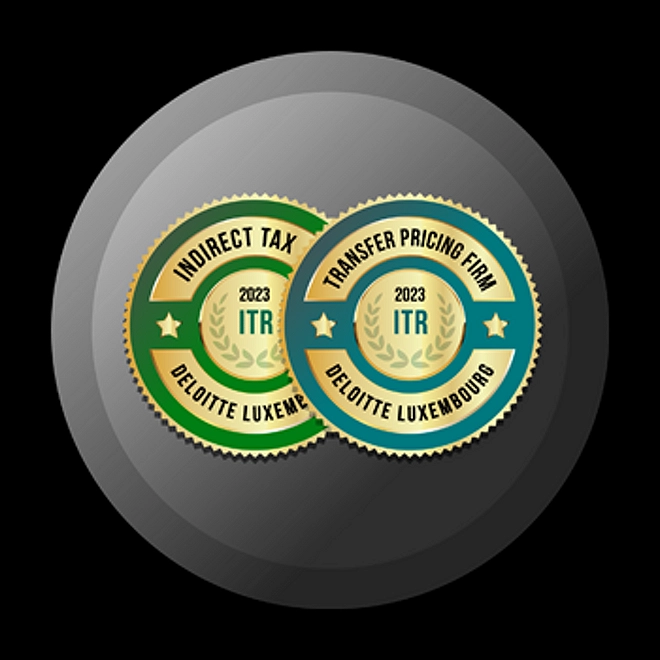Tax
Trusted. Transformational. Together.
As global influences fundamentally shift how the tax function operates, tax leaders should become strategic advisors. We can share our experience, technology and innovative ideas to help your organisation become more agile. Lead your business through complexity with confidence.
Together is how we deliver real impact
Digitisation of tax, sustainability measures, workforce mobility and other ambiguities across the global tax landscape are fundamentally shifting how the tax function operates. This requires resilience and agility—the qualities we thrive on.
We believe that being transformational is a journey, not a destination. We address current needs with innovative, timely solutions. We are reimagining operating models to help you do more with less and using the latest technologies to automate processes and increase speed, efficiency and accuracy.
You deserve to feel confident that you are compliant with your tax obligations across jurisdictions. We create clarity in a complex world and can help you act swiftly and decisively to manage risks. Our approach is based on having genuine connections, with you—our clients—and each other.












